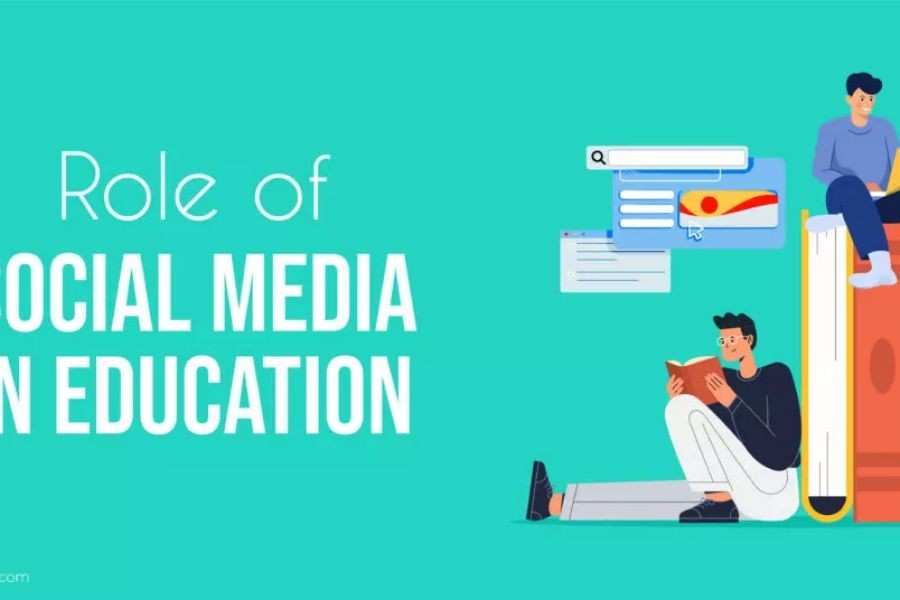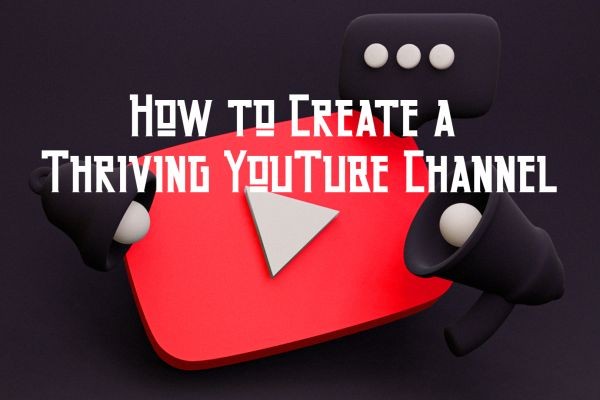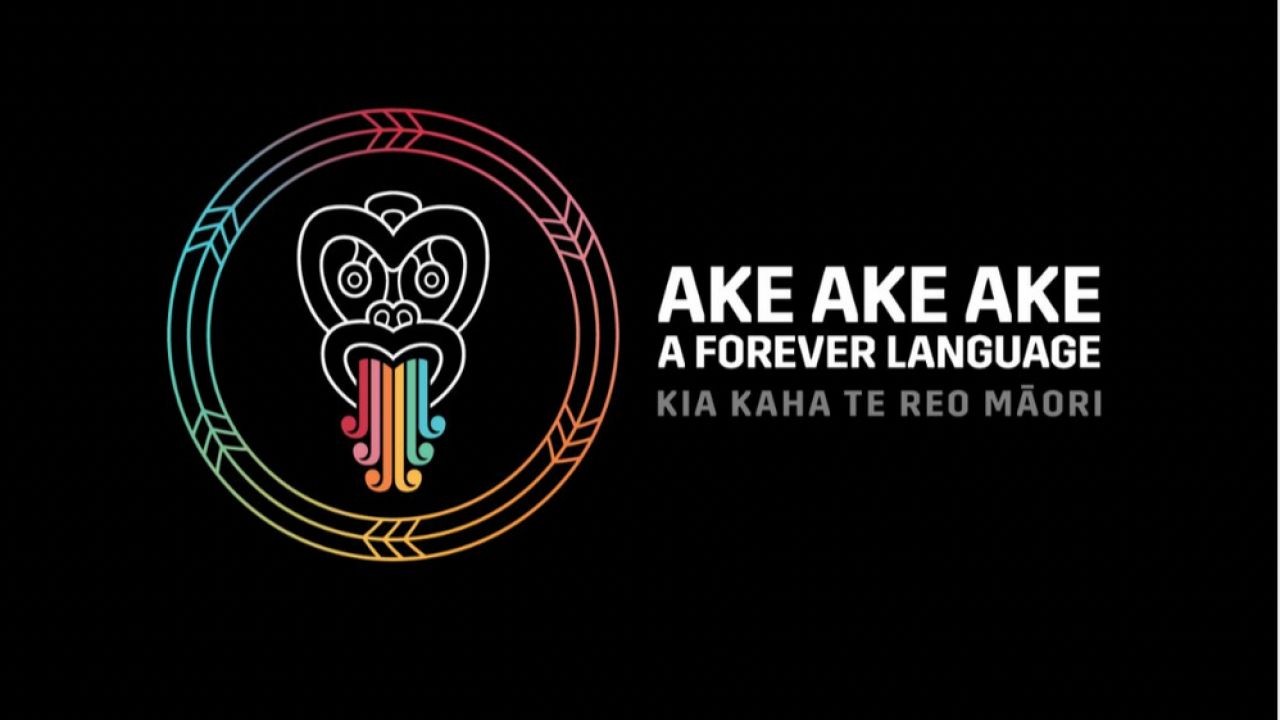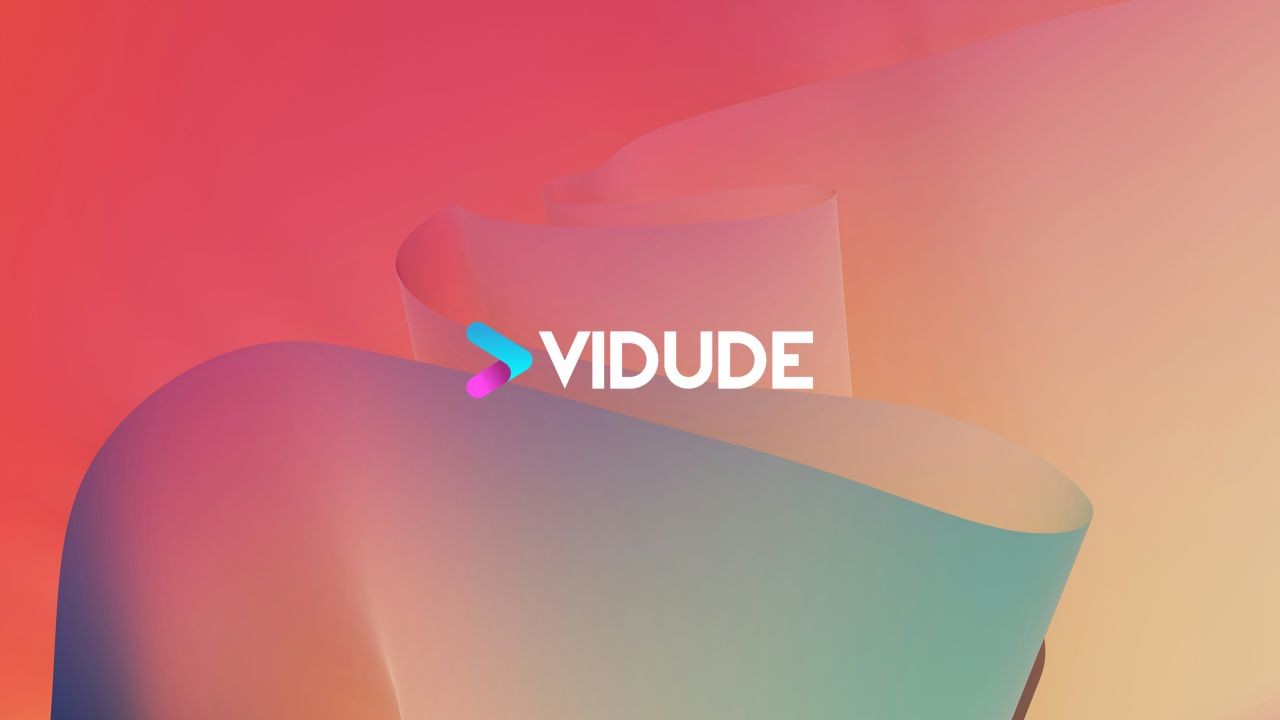In the digital age, social media is a dominant force shaping the cultural landscape globally, and New Zealand is no exception. As social platforms become increasingly embedded in daily life, they play a pivotal role in the formation of youth culture. This article delves into the multifaceted role of social media in shaping New Zealand's youth culture, analyzing its implications on identity, communication, and societal norms.
The Influence of Social Media on Youth Identity
Social media platforms like Instagram, TikTok, and Snapchat have become integral to the self-expression and identity formation of New Zealand's youth. These platforms offer a space for young people to explore and project their identities, often blurring the lines between online personas and real-life identities.
According to a study by the University of Auckland, 78% of New Zealanders aged 18-24 use social media daily. This constant connectivity allows for a continuous exchange of cultural and social norms, influencing how young people perceive themselves and their place in the world.
Case Study: TikTok's Impact on Kiwi Youth
TikTok, with its short-form video content, has become a cultural phenomenon among New Zealand's youth. The platform's algorithm promotes viral trends and challenges, which quickly disseminate and influence youth culture. For instance, the "Kiwi Challenge," a dance trend that gained traction on TikTok, exemplifies how local culture can be amplified globally through social media. This trend not only strengthened national identity but also showcased New Zealand's cultural creativity on a global stage.
Communication and Social Interaction
Social media has redefined how young New Zealanders communicate, fostering a new digital dialect characterized by emojis, memes, and hashtags. These elements have become part of the youth's vernacular, transcending traditional language barriers.
Research by Stats NZ highlights that 95% of young Kiwis use social media as their primary communication tool, surpassing traditional methods like phone calls and emails. This shift has implications for interpersonal skills and social development, as face-to-face interactions decrease.
Pros and Cons of Social Media Communication
- Pros: Instant connectivity, diverse interaction opportunities, and enhanced information sharing.
- Cons: Reduced face-to-face communication, potential for miscommunication, and increased exposure to cyberbullying.
Social Media and Mental Health
The relationship between social media and mental health is complex, with both positive and negative effects. On one hand, social media provides a platform for self-expression and community support, which can be beneficial for mental health. On the other hand, excessive use and exposure to unrealistic body images and lifestyles can lead to anxiety and depression.
A report by the Mental Health Foundation of New Zealand found that 60% of young people experience anxiety related to social media use. Initiatives promoting digital literacy and mental health awareness are crucial in mitigating these negative impacts.
Industry Insight: The Role of Influencers
Influencers play a significant role in shaping the perceptions and behaviors of young New Zealanders. They act as trendsetters and opinion leaders, often driving consumer behavior and lifestyle choices. The rise of micro-influencers in New Zealand—those with smaller but highly engaged audiences—reflects a shift towards authenticity and relatability in social media marketing.
Social Media's Economic Implications
Social media is not only a cultural force but also an economic powerhouse. It offers numerous opportunities for entrepreneurship and innovation among New Zealand's youth. Platforms like Instagram and Facebook have become marketplaces where young Kiwis can launch and promote businesses.
The New Zealand Ministry of Business, Innovation and Employment (MBIE) reports that social media-driven businesses contribute significantly to the country's economy, with an estimated NZD 1 billion in annual revenue.
Case Study: The Rise of Social Media Entrepreneurship
Young entrepreneurs like Jake Millar, founder of Unfiltered, leverage social media to create and promote their ventures. By utilizing platforms to share business insights and connect with global leaders, Millar has built a successful enterprise that resonates with New Zealand's entrepreneurial spirit.
Balancing Digital and Real-World Interactions
The pervasive influence of social media raises concerns about the balance between digital and real-world interactions. As social media becomes more ingrained in daily life, it's crucial to promote digital literacy and encourage healthy online habits.
Educational initiatives and parental guidance play a vital role in teaching young New Zealanders how to navigate the digital world responsibly, ensuring that social media remains a positive force in their lives.
Common Myths About Social Media and Youth Culture
- Myth: Social media only has negative impacts on youth.
- Reality: While there are risks, social media also provides educational resources, support networks, and opportunities for creativity and entrepreneurship.
- Myth: All online interactions are superficial.
- Reality: Many young people form deep, meaningful connections through social media, often finding communities that share their interests and values.
Future Trends and Predictions
Looking ahead, social media will continue to evolve, with new platforms and technologies shaping the way New Zealand's youth engage with the digital world. Virtual reality (VR) and augmented reality (AR) are poised to offer immersive experiences, further blurring the lines between online and offline interactions.
A report by NZTech predicts that by 2030, 80% of New Zealanders will engage with VR/AR through social media, opening new avenues for education, entertainment, and commerce.
Conclusion
Social media plays a pivotal role in shaping New Zealand's youth culture, influencing identity, communication, and economic opportunities. As these platforms continue to evolve, it is crucial to harness their potential while addressing the challenges they present. By promoting digital literacy and fostering a balanced approach to social media use, New Zealand can ensure that its youth are empowered in the digital age.
What are your thoughts on the role of social media in shaping youth culture? Share your insights below!
People Also Ask (FAQ)
- How does social media impact New Zealand's youth culture? Social media influences identity formation, communication styles, and economic opportunities among New Zealand's youth, fostering both positive and negative cultural shifts.
- What are the biggest misconceptions about social media's role in youth culture? A common myth is that social media only has negative impacts. In reality, it offers educational resources and community support, enhancing youth development.
- Who benefits the most from social media's influence? Young entrepreneurs, influencers, and educators benefit significantly, leveraging social media for business, community building, and educational outreach.
- What upcoming changes could affect social media's impact on youth? Advances in VR/AR technology will transform social media experiences, offering more immersive and interactive ways for youth to engage online.
Related Search Queries
- Social media influence in New Zealand
- Impact of TikTok on Kiwi youth
- Social media and mental health in NZ
- Entrepreneurship among New Zealand's youth
- Future of social media in New Zealand

































portersterne20
9 months ago